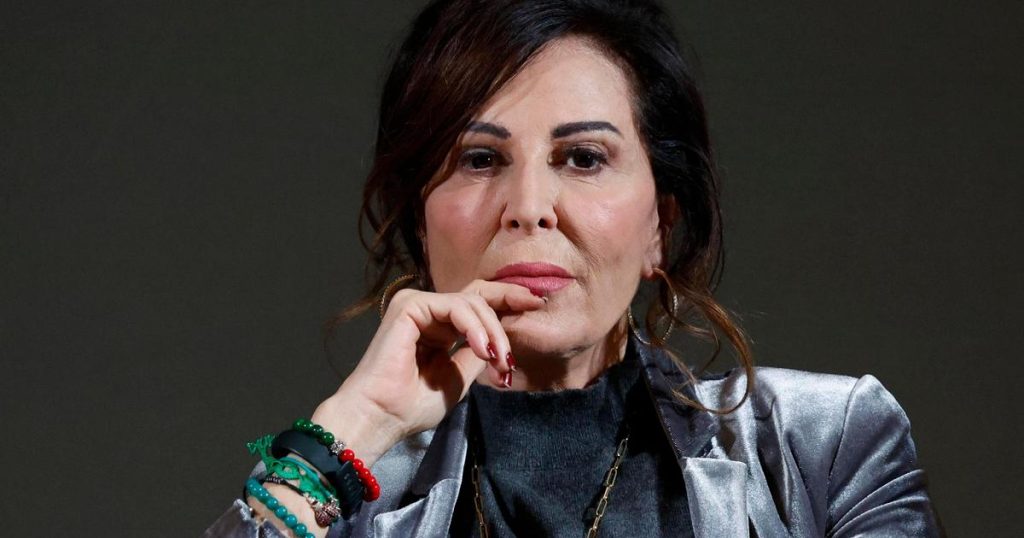Today is a crucial day for the government as the Chamber of Deputies is discussing a motion of no confidence against Tourism Minister Daniela Santanchè. The motion, proposed by the M5S, is related to her involvement with the Visibilia company. The majority is tense, with Santanchè expressing confidence but also acknowledging the importance of the vote. The fear is that if the motion fails, further legal troubles may arise, potentially causing embarrassment for the government during an upcoming election season. There is hope that Santanchè may choose to step down if faced with a judicial investigation. Overall, the right-wing coalition is hoping for a delay in the vote to avoid potential fallout.
The debate in the Chamber of Deputies is ongoing, with M5S member Emma Pavanelli accusing the government and Fratelli d’Italia of remaining silent on the issues surrounding Minister Santanchè. Pavanelli highlighted the serious accusations against Santanchè, including involvement in bankruptcy, money laundering, false accounting, and fraud against the National Social Security Institute. She questioned the government’s decision to support a minister facing such serious charges and called for Santanchè to step down until her name is cleared. Opposition party leaders, such as Matteo Renzi, have also criticized Santanchè’s performance as a minister but advocated for due process instead of using legal investigations as a basis for a vote of no confidence.
In addition to the motion against Santanchè, there was also a vote of no confidence proposed against Infrastructure Minister and Deputy Prime Minister Matteo Salvini. The motion was related to his past collaboration with the Russian party, “Russia Unita,” which has since been terminated following Russia’s invasion of Ukraine. The Lega party defended Salvini’s actions, stating that the collaboration with Russia Unita was no longer relevant given the current geopolitical situation. They criticized the opposition for initiating unnecessary and instrumental polemics, noting that previous Italian governments, including those led by Matteo Renzi and Enrico Letta, had also engaged in agreements with Russia before the conflict in Ukraine changed the dynamics.
Overall, today’s proceedings in the Chamber of Deputies reflected a tense political climate within the right-wing coalition government. Both Minister Santanchè and Deputy Prime Minister Salvini faced motions of no confidence based on different issues, highlighting the internal divisions within the government. The accusations against Santanchè and Salvini raised concerns about their continued suitability for their ministerial positions, with calls for accountability and transparency. As the political landscape continues to evolve, the focus remains on maintaining unity within the government while addressing the legal and ethical challenges facing its members. The outcomes of today’s votes will have significant implications for the future stability of the coalition government.














